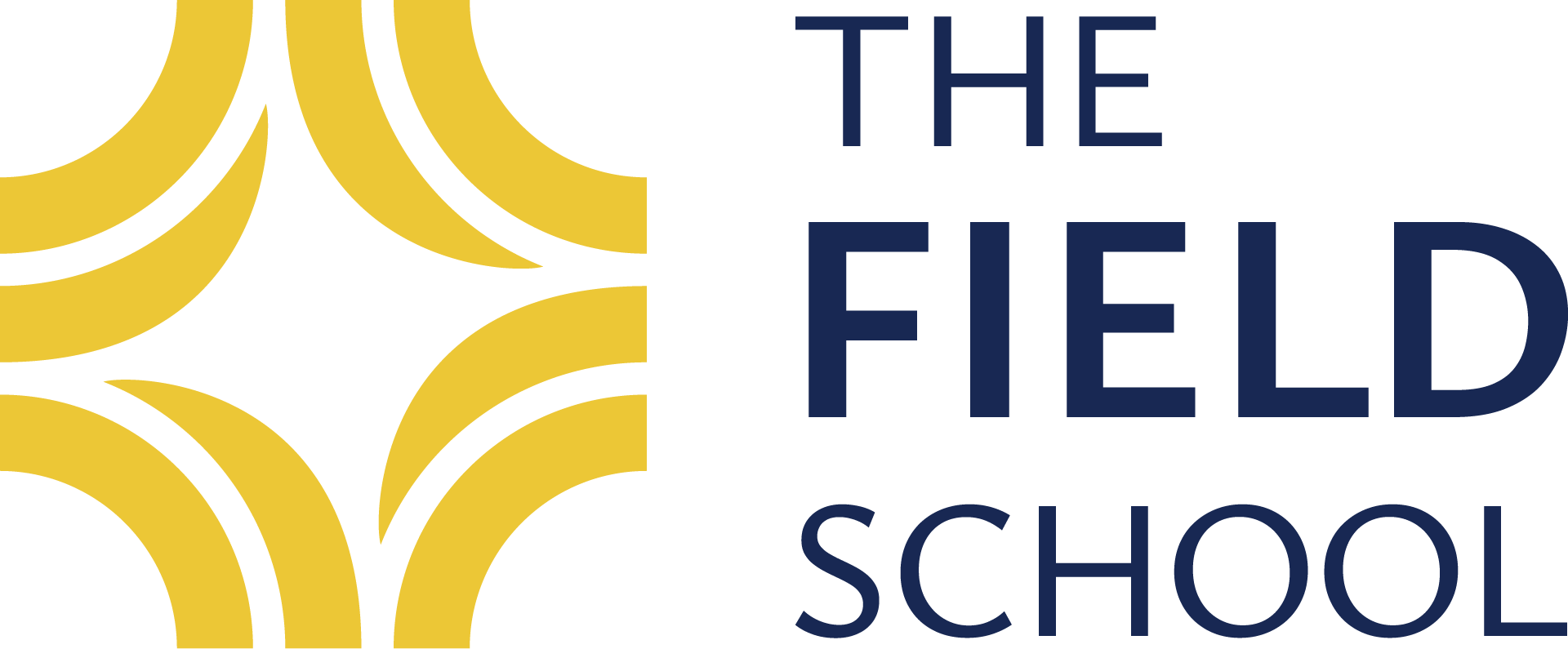Too Smart for School?
Henry Harrold ‘27
AI’s images when given the prompt: “student using chatgpt on computer with homework assignment next to them”
Artificial Intelligence is taking the world by storm. With its generative capabilities, its incredible knowledge, and its simplicity to use, artificial intelligence (AI) has been an amazing tool to use, however this incredible advancement in technology also comes with a full crate of downsides.
Students around the world have been using AI to do their essays, reports, and homework assignments. Fortunately, AI use is relatively easy to catch for now, but with anticipated technological advancements, it won’t always be. According to Pew Research Center, by 2030 AI will be indistinguishable from human intelligence and capabilities.
AI continues to get smarter as more technological advancements are made. ChatGPT, being the most popular generative AI, currently has outdated information, meaning that it is often wrong. But AI will most likely be able to update its own information sometime in the near future.
Academics have been dramatically affected by AI–, more and more schools are making AI policies and in some cases switching back to assignments on paper. This doesn’t stop people from cheating. Instead of copy-pasting AI answers,People just hand copy AI-derived answers onto paper. Students also use AI that uses their phone camera to scan their assignment and give the answers.
Some AI can be useful to academics. AIs like crAIyon can give people inspiration for artwork that they want to make. Others like math AIs can scan the problem and teach the student how to solve it if they don’t understand. AI can just as easily make errors just like humans, so it could mess something up and you suffer the consequences.
Maddie Cloud, 9th grade Biology teacher, said it hasn’t affected her classroom yet “Because it is still new. It has affected how I think about the assignments and work that I give, but I haven’t seen a huge effect yet. The effect of AI depends on the student, for some students, it has them question what is real and what isn’t. For some students it might keep them from exploring their ability to get information or produce their own ideas. AI is not you searching for information, its information being given to you. There’s a difference.”
Jake Philbin-Cross, 9th grade English teacher, thinks that AI is a temptation, and it depends on the student to resist it: “I think it’s making kids question why we write when AI can for you.” Yet he weighed both sides: “I think if AI’s used in the right way, it can help us talk about how we write. However, it’s a shortcut. It skips over essential skills that we need.”
Lori Strauss, Head of School, has fielded nearly continuous inquiries about the policies for AI here and how the faculty intends to stop it. She says “The policies were very thoughtful. We came up with some guidelines over the summer… I don’t think they were rushed. I think sometimes when we are talking about AI, it gets reduced to the generative AI like ChatGPT. But AI is more of a field of stuff, not just generative AI. It has the influence to change our society for the better. However it is up to us to keep AI in check.”
Riley ,‘24, admits to using AI to check their work “But it is not a very reliable source.” They go on to question the efficacy of making policy in a fast-changing field: “I think that the policies here are going to be sloppy no matter what because AI is such a fast changing thing. I resist the use of AI because I just don’t really think that at a senior level that it’s a very useful tool because it is not 100% accurate.”
AI is not at all a reliable resource for any sort of project that requires accurate information. Meaning that if there is something that needs accurate information to be acceptable, AI will only make it worse than if it was done manually.
As AI keeps getting smarter and harder to catch, it will continue to affect academics indefinitely. Our only hope to minimize this is to just trust the students.

